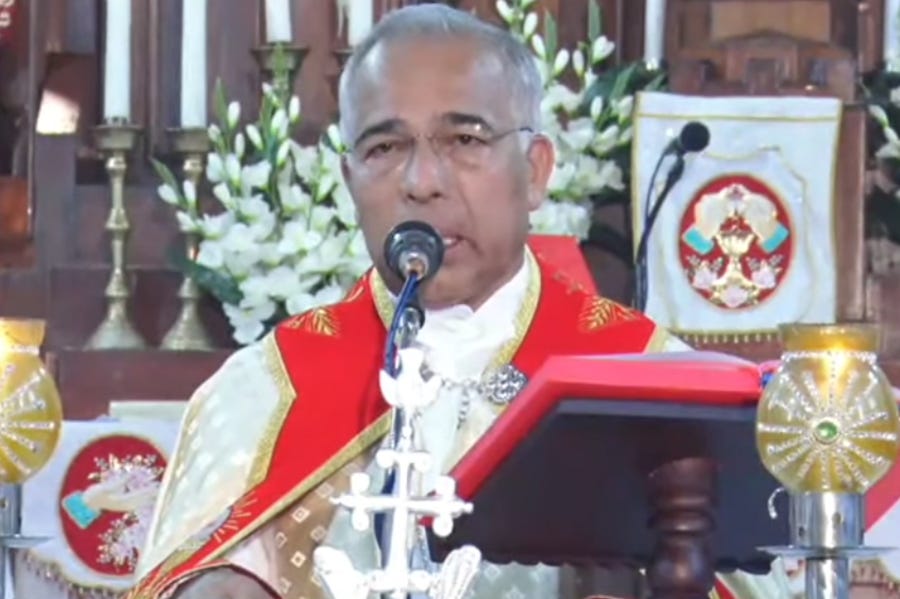Legal battle over ancient Catholic group’s marriage rules heats up
A court is expected to hear a contempt case against an Indian archbishop later this month.
A decades-long legal battle over an ancient Indian Catholic community’s unique marriage rules is set to heat up later this month.

The Kerala High Court in southern India is due to hear a case Sept. 27 against Archbishop Mat…
